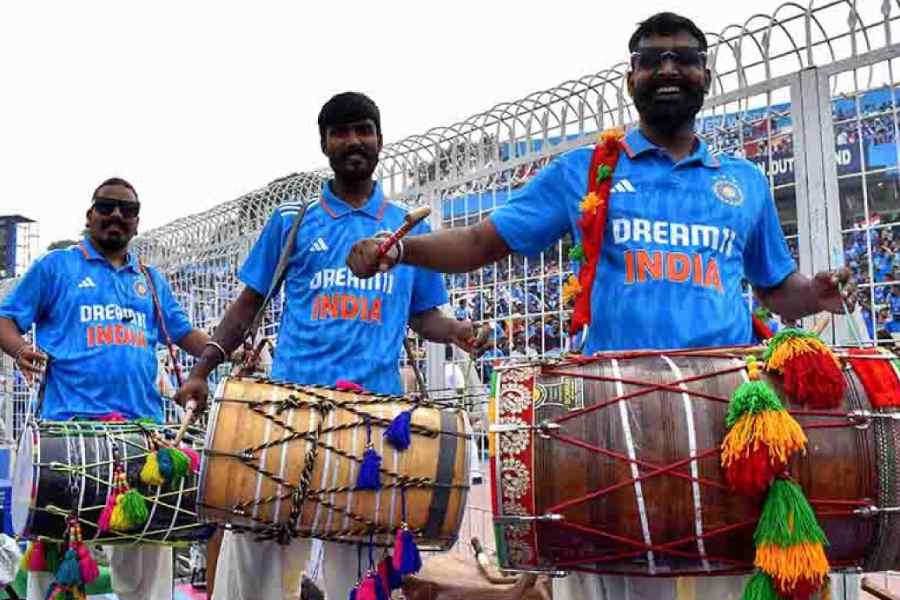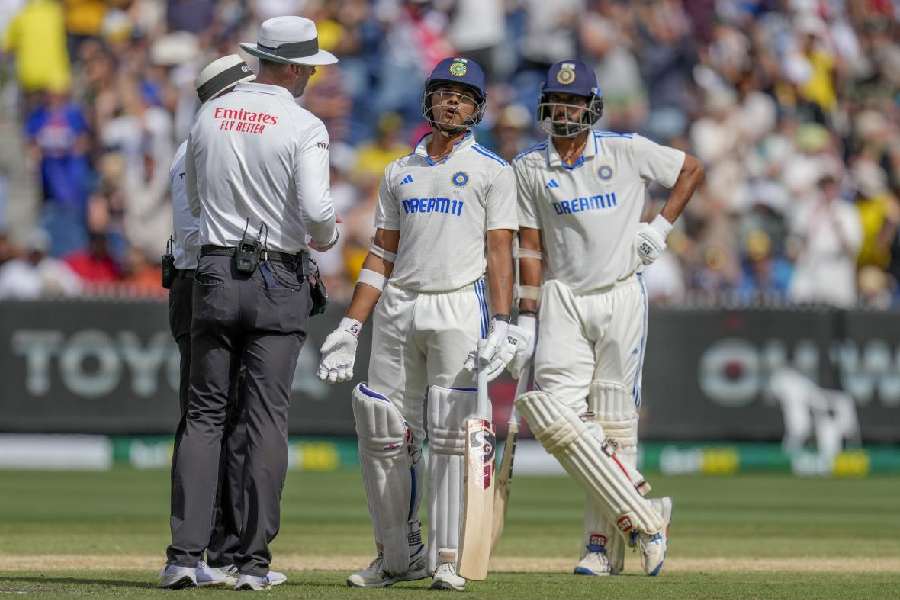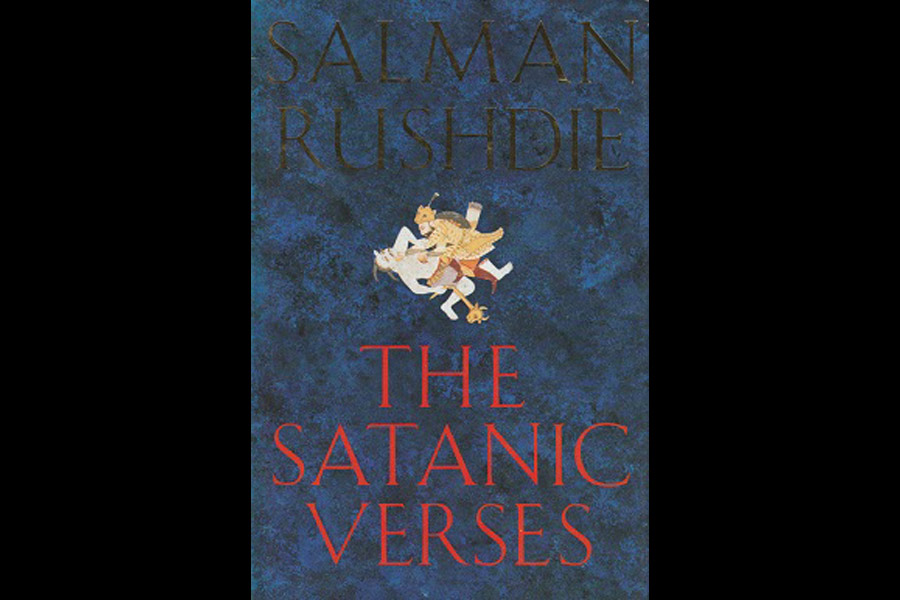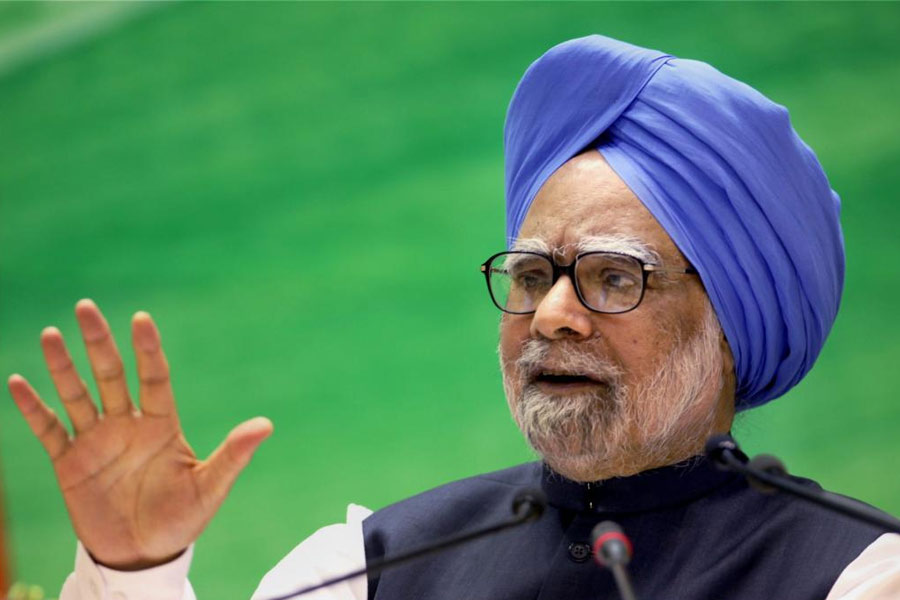A few days ago, I found myself in the vicinity of Chennai where a local friend makes me an offer I cannot refuse: a spare ticket for the Pakistan-South Africa game. I grab the offer with both hands, a bit late but safe, like Sunil Gavaskar pouching a chance at first slip.
I have been to Eden Gardens many times, Brabourne once, Wankhede on a couple of occasions, Feroz Shah Kotla once or twice, but never to Green Park in Kanpur, Chinnaswamy in Bengaluru or Chepauk in Chennai-Madras. This is my chance to watch an international match in the great southern venue and I find myself looking forward to it. On the day, I’m dropped off near Gate 11, armed with a bottle of water and nice homemade cheese sandwiches wrapped in foil. I mix into the crowd flowing into the stadium, a pebble pushed along a tributary stream into the river and from there into the roaring ocean of the ground. Well, truth be told, it isn’t quite that smooth, though it is less jhamela than getting into Eden. People check your ticket again and again as you are processed down the pipeline — first the police, then some cricket association foot-soldiers, then, at the gates, the police again; at one point, I’m relieved of my supplementary victuals; “Sorry sir, food not allowed, water also not allowed!” I begin a mild protest and the security people very kindly offer to let me stand to one side and wolf down my sandwich. I’ve only just had lunch so I say “No, you please have — it’s a nice sandwich, fully vegetarian only! But can I keep my water?” But the security crew aren’t budging, I have to leave it all outside the gates. “Not to worry sir,” one of the cricket association people assures me, “free water available inside. Coca-Cola-Kinley is providing free water inside!”
After a perfunctory frisking, I find myself inside the zone. The outer walls of the stands curve over me. People mill about with a celebratory air, as though at a massive wedding. Different sub-corrallings of bamboo sift you towards your stand and then to a particular sub-stand. I go through the last gate before making my way up to my place in lower H stand. The assigned seat is right in the hot afternoon sun but there are empty seats a bit further up in the shade so I go and occupy one. Only then do I pay reverential attention to the circle of bright green and the stands around it. With a slight shock, I realise that the Chepauk is a beautiful ground, with that same sense of the sea close by that you find in the Bombay stadiums but somehow on a more intimate scale. The stands all look new and some of them are quite steep but nothing like the crowd-compressing canyons of the re-done Eden. I myself am at a very nice vantage point, roughly at a wide third man/midwicket to the pitch and at just about the right height to catch a medium-monster upper-cut or hoiked on-drive.
I find myself thinking about scale as I watch Temba Bavuma and Marco Jansen conferring before the first ball — Bavuma seems to come up no higher than Jansen’s waistband. The game begins with a roar as Jansen lopes away to bowl to Shafique. I feel elation — a fresh game, live, everybody nervous and then things coming into focus, one by one: the bowlers finding their lines; the batsmen circumspect at first, the ball smacking into de Kock’s gloves while still rising steeply; the batsmen beginning to middle the defensive shots, sending the ball skimming like a homing terrier, first to one fielder then another; the throw-ins precise, the result of languid but swaggering movements, shots fired across the bow to let the batsmen know that the fielders are fully switched on. Ngidi overpitches the last ball of the second over and Imam ul-Haq smacks it off his toes to the mid-wicket boundary — Pakistan have begun to mark the blank canvas.
At exactly this point, the afternoon sours for me. There are huge jets of smoke from some devices. Men wearing what look like harem pants are crouching on small stages at the boundary; in response to Imam ul-Haq’s four, they start pummelling their drums furiously; two-men crews on either side of the ground start waving huge flags, one for each team; a DJ comes on and starts screaming; music blares from speakers between the overs and continues almost till the bowler starts his run-up. This rubbish continues throughout the afternoon, spiking with each boundary and each wicket. In between overs, the DJ, the utter enemy of natural crowd buzz, exhorts the stands one by one to C’mon make sum-nooooiiiiise!
The first wicket falls when Shafique holes out to Ngidi on the boundary. After the jets of smoke and drumming, the DJ goes wild, shouting and burbling B-B-B-BBBBuhh... like he’s announcing the arrival of Beyoncé, except when he finishes with the extended consonant you realise he’s said, “Buhabbaraaazumm!”. The Pakistan captain plays himself in; at the other end, Imam ul-Haq plays himself out; the DJ bubbles over with “RRRRRizzzzzzzzzzzwaaaaan!”
The two Pakistani star bats steady the ship and the Chennai crowd cheers each run, as though trying to wipe out the cheap and obnoxious behaviour of the Ahmedabad crowd in their stadium.
The seats around me have filled up now and the temperature rises from all of us humans packed together in 87% humidity. Where is the free water promised by Kinley, I wonder. And then I see them, men with trays loaded with paper glasses wandering among the rows. I wave to one and he nods that he has seen me. As he comes closer, I spot two things — first that the man is exchanging the glasses for cash and second that the glasses are filled with Coca-Cola and not water. “Water?” I ask, as the man comes up to me. The man points downwards, hands me a glass of warm Coke, and relieves me of fifty rupees. The helpful guy sitting next to me says, “For water you have to go downstairs.”
I leave Azam and Rizwan to build the Pakistan innings and make my way through the knees and elbows to the area below the stands. Here, the business model becomes completely clear: take away everybody’s water bottles at the entrance while promising them free water inside, but in the stands offer them only Coke at an extortionate price, forcing them to leave the game to come down for a drink of the ‘free’ water. I feel sudden fury as I remember a morning in March from nearly 23 years ago when I took my eight-year-old son to watch the Test match at Eden Gardens — no water bottles allowed, but we could avail of filthy plastic pouches of water which we were supposed to tear open with our teeth.
A memory returns of a different kind of unsporting behaviour from the crowd at the Narendra Modi stadium, this time by the spectators at the Eden Gardens in 1996 when they threw bottles at the Sri Lankan outfielders as India imploded in their semi-final chase. This allowed the cricket authorities and commercial sponsors to build an empire out of infantilising Indian spectators for the best part of the next quarter of a century: no ‘outside’ food or drink; high prison fences ringing the grounds, complete with spikes, that ruin the view of anyone in the lower stands and pen everyone in; and, now, the grotesque I-pee-ell-isation of all formats of cricket as though the spectators cannot be trusted to keep awake between overs without a barrage of injected noise.
I go back to my seat with the DJ having another meltdown — Stand B! Come on! Make some noiiiisssse! Stand C! Let me hear you! — and I manage to hang on till the Pakistan innings comes to an end. I weave my way out of the stadium into the mela of policemen and people selling India shirts, carrying only one really good memory of the afternoon: Rizwan waiting and waiting before nailing a truly beautiful classical late cut through two slips to ‘my’ third man fence.











